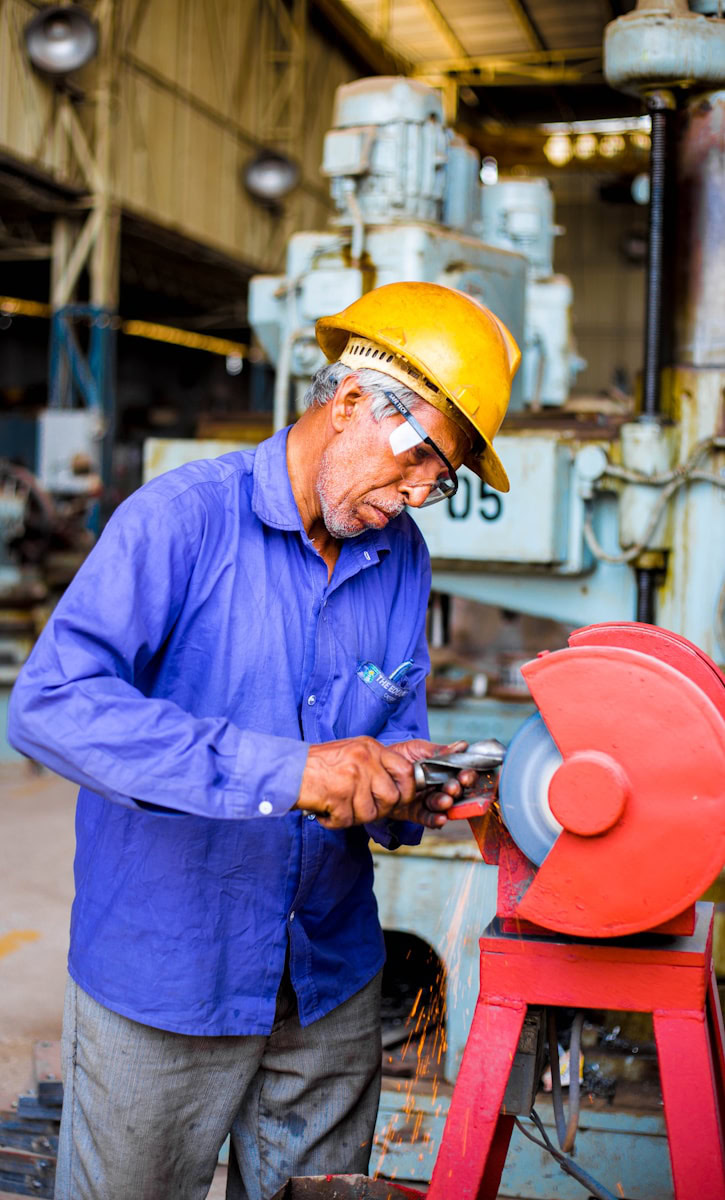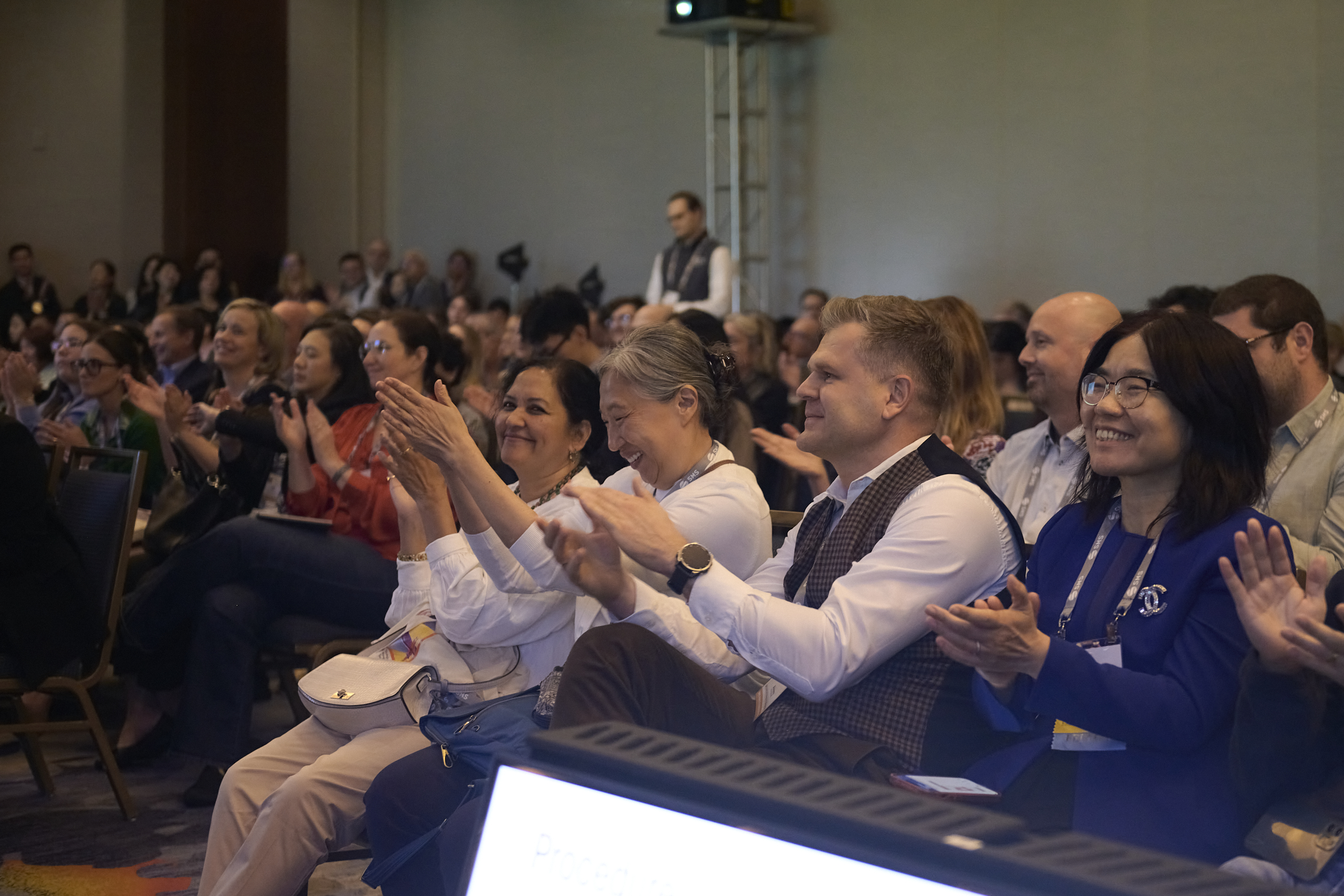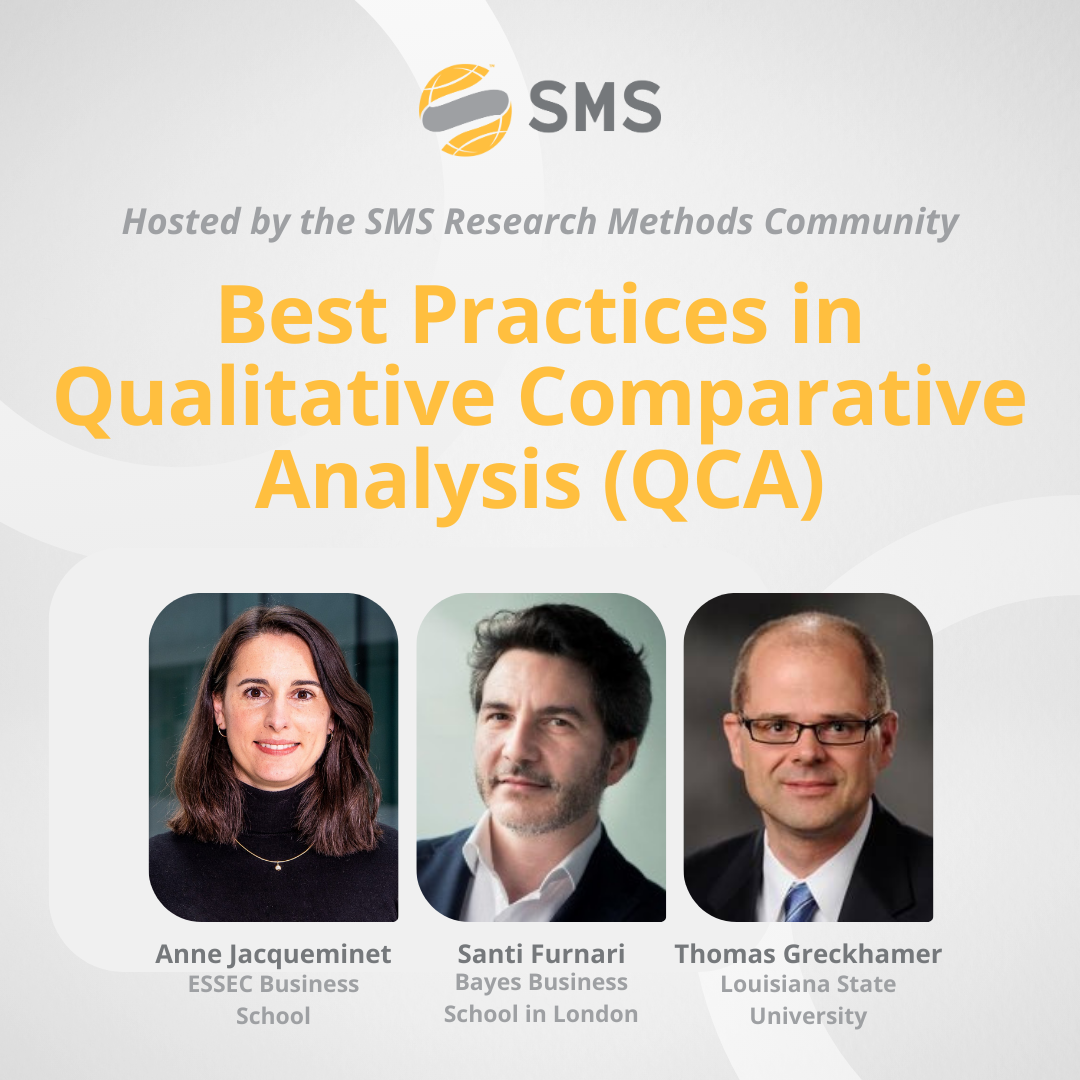When companies engage in harmful actions like polluting the environment or violating human rights, it’s known as corporate social irresponsibility (CSI). Such CSI incidents tend to happen more frequently in certain regions or countries as compared to others.
To understand the underlying reason, previous research has focused mostly on macro-level or broad factors, such as the characteristics of multinational enterprises’ (MNEs) home and host countries. A new study published in the Strategic Management Journal suggests that microlevel or granular factors can also explain ‘where’ CSI incidents are more or less likely to occur.
“Among various microlevel factors, scholars have highlighted CEOs as central drivers of corporate social performance. Simultaneously, with growing global migration and the rising prevalence of immigrant CEOs, such as Elon Musk of Tesla and Sundar Pichai of Google, CEOs’ immigrant background should also be considered,” says Juan Bu, the lead author of the study and an Associate Professor of International Business and Strategy at Indiana University Bloomington. “However, we still know little about whether and how CEOs’ immigrant backgrounds influence where CSI incidents occur.”
Bu, along with co-authors Stephanie Lu Wang, Yejee Lee, and Dan Li of Indiana University Bloomington, argued that immigrant CEOs often have stronger emotional ties and social networks in their home countries. These connections may help reduce both the occurrence of corporate irresponsibility and related media coverage there. They also suggested the impact depends on individual, firm, and country-level factors.
To test their hypothesis, researchers analyzed data from U.S.-based multinational firms listed in the Standard and Poor’s 500 (S&P 500 – a stock market index tracking the stock performance of 500 leading companies listed on stock exchanges in the United States) between 2007 and 2020. They gathered CEO biographies from sources like Wikipedia and company websites, and CSI data from RepRisk. Using a statistical matching technique, they compared 76 firms with immigrant CEOs to 220 control firms led by nonimmigrant CEOs. The results confirmed their predictions. “Appointing an immigrant CEO led to a 54.25% decrease in the number of CSI incidents in their home country in the four years after appointment, whereas the control firms experienced a 6.36% increase in the number of CSI incidents during the same period,” explains Wang, an Associate Professor of International Business and Strategy.
“The impact of an immigrant CEO on reducing their MNE’s CSI incidents in their home country was stronger when the CEO immigrated as an adult, the firm had a higher sustainability rating, and the home country had lower press freedom,” highlights Lee, who received her PhD from Indiana University Bloomington and is currently an Assistant Professor at Auburn University.
The findings of this study provided fresh insights that can translate into practical implications for both firms and policymakers. Firms can make well-informed decisions for CEO selections and improve the firms’ reputation in different countries. On the other hand, policymakers can implement laws to enhance and protect press freedom and media transparency, curbing the need for firm executives to intervene in media communications.
“Using these insights, firms can select CEOs more strategically to manage their reputations in host countries, policymakers can enforce laws to increase press freedom, and local governments can create opportunities to enhance CEOs’ emotional bonding to their countries to prevent CSI activities,” concludes Li, a Professor of International Business.
The Strategic Management Journal, published by the Strategic Management Society, is the world’s leading mass impact journal for research in strategic management.





